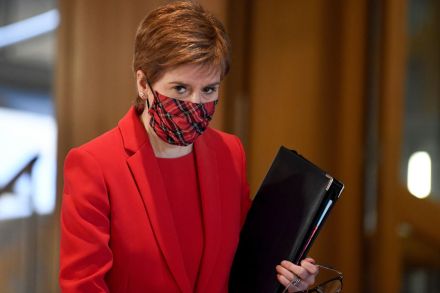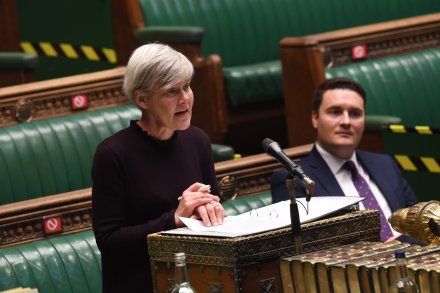Sturgeon is playing politics with her clumsy trans rights intervention
You would think Nicola Sturgeon had enough on her hands, what with overseeing a sluggish vaccine rollout, being under investigation by the Scottish parliament and hosting her own daily TV show on the BBC during the pandemic. Yet the leader of Scotland’s nationalist party has waded into the debate on trans rights and gender identity



































